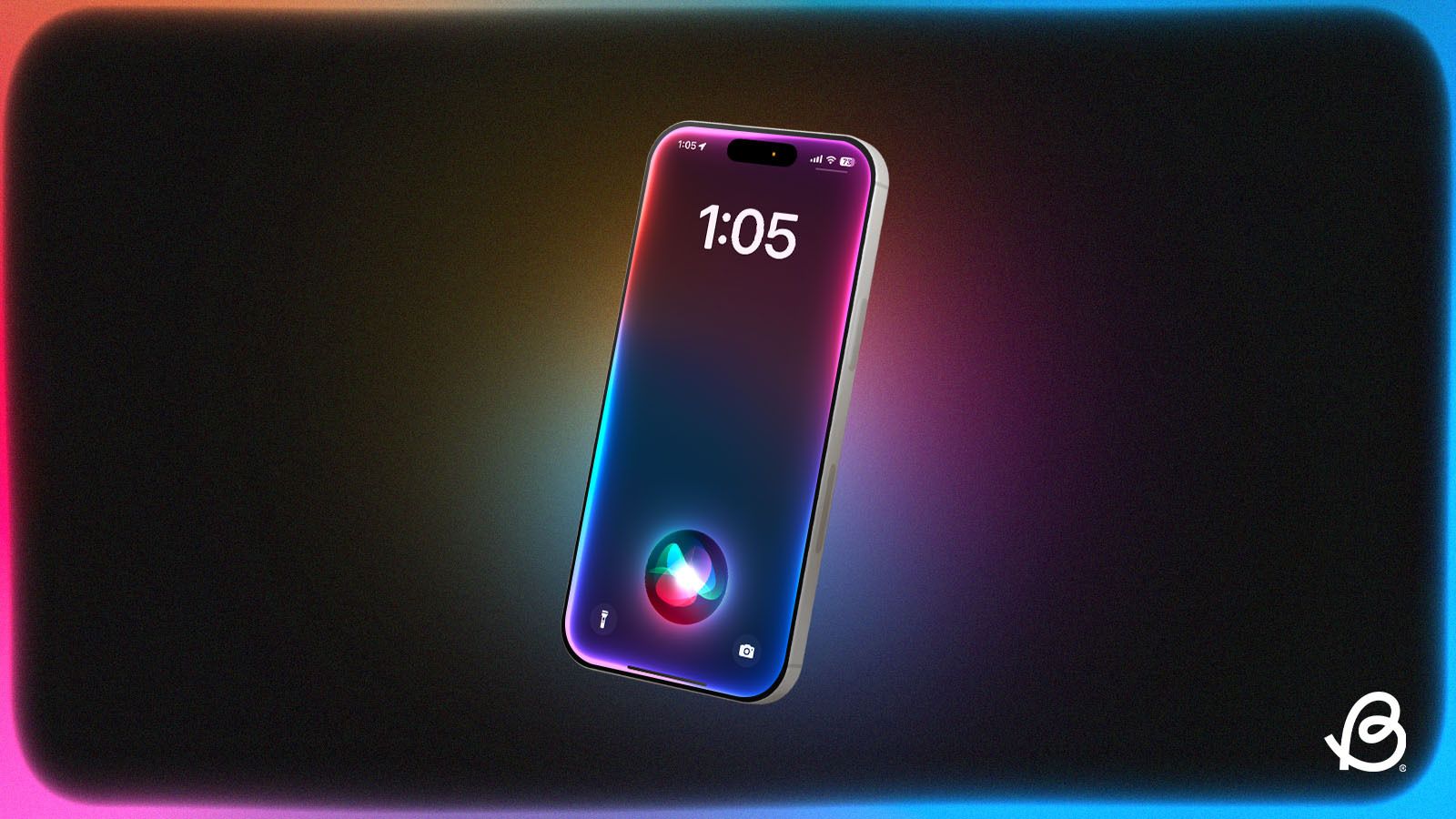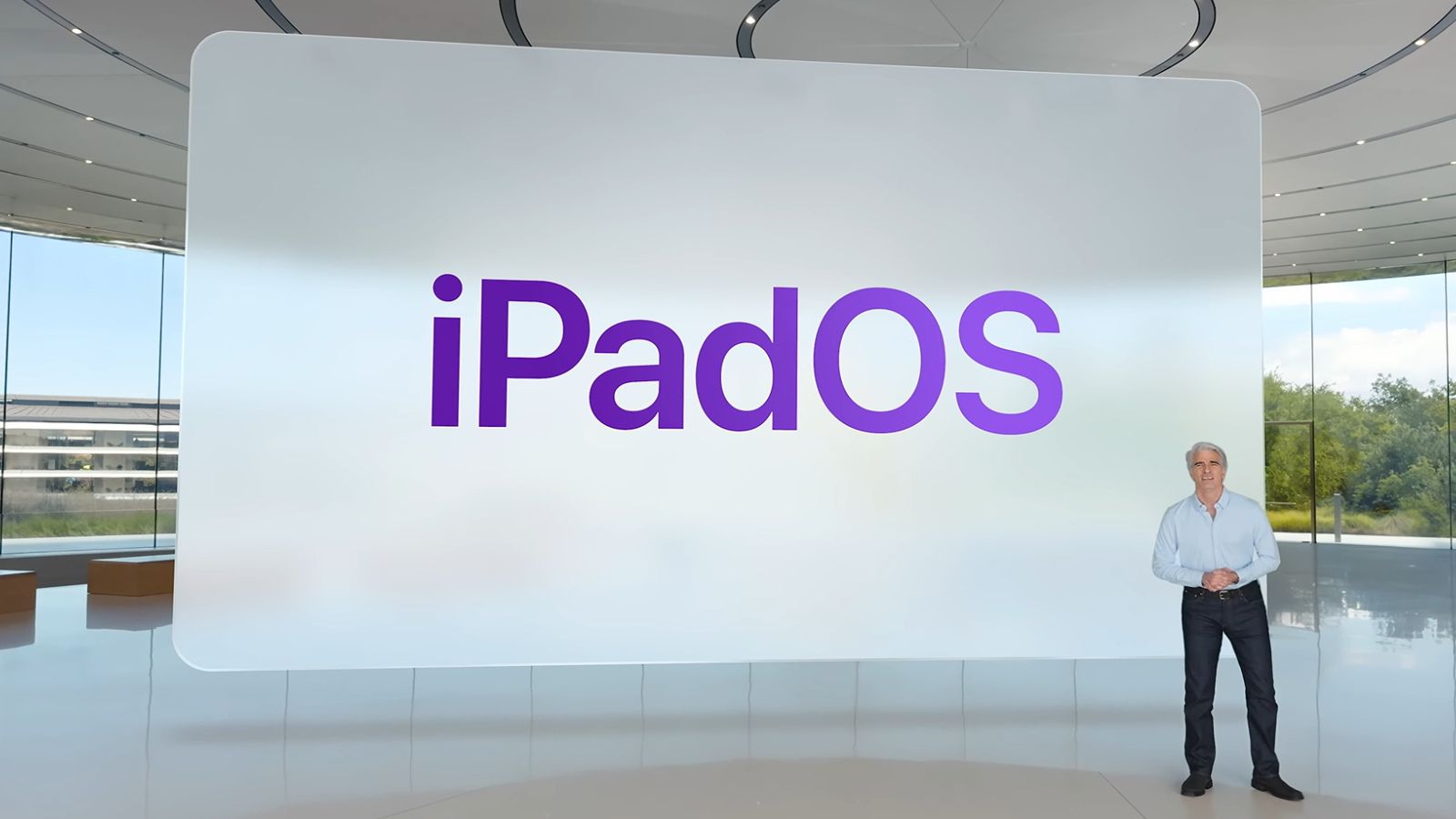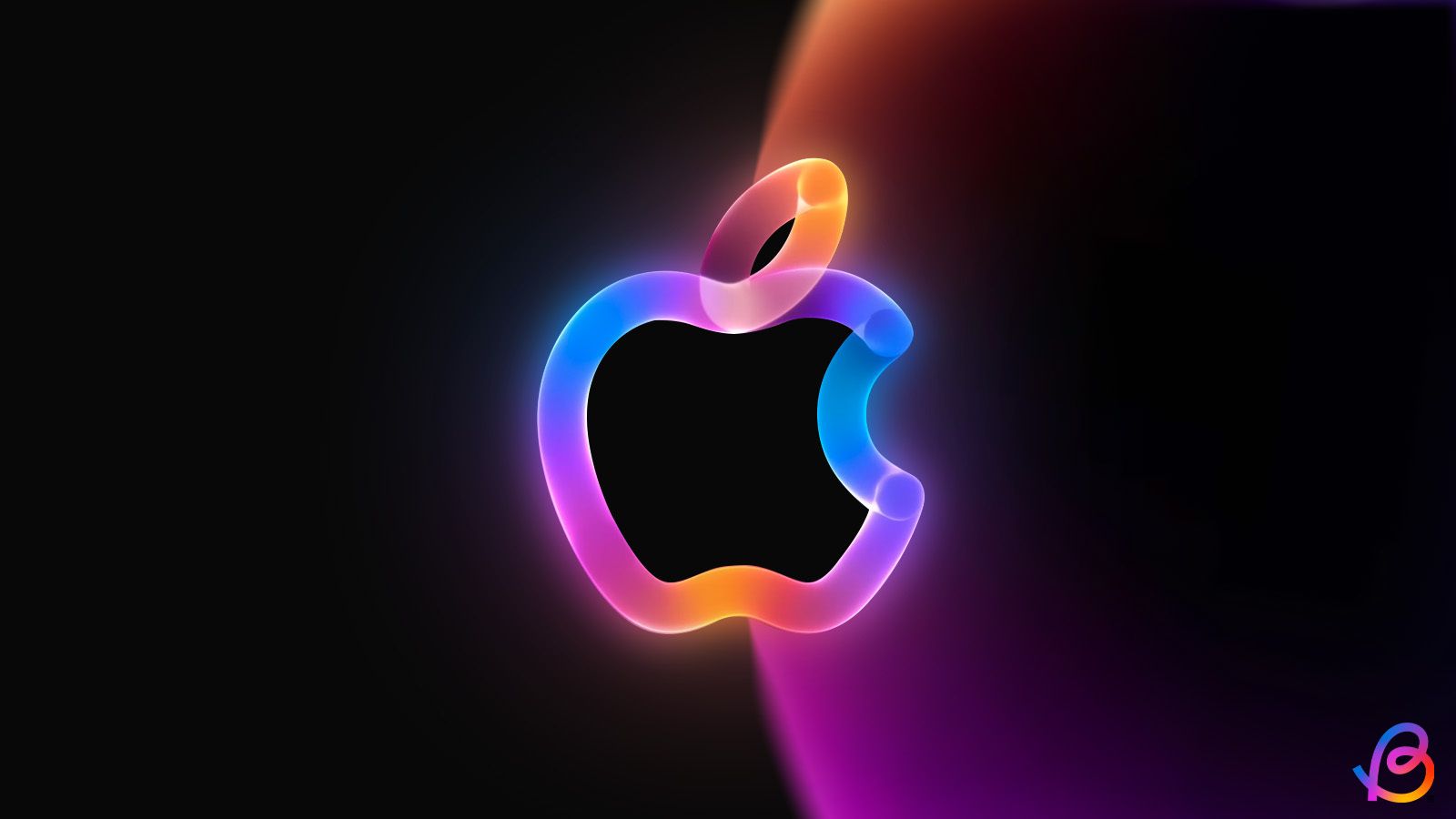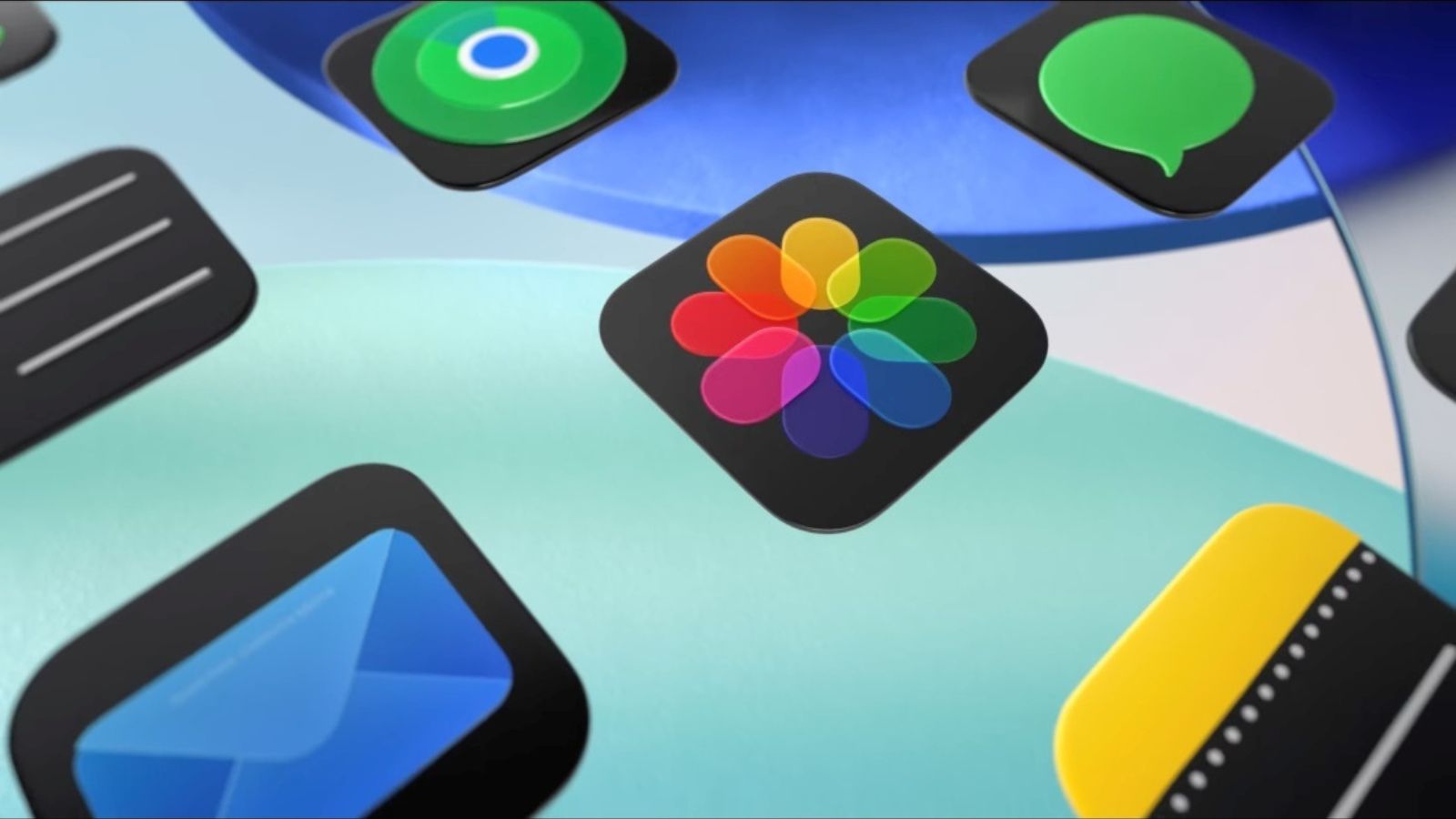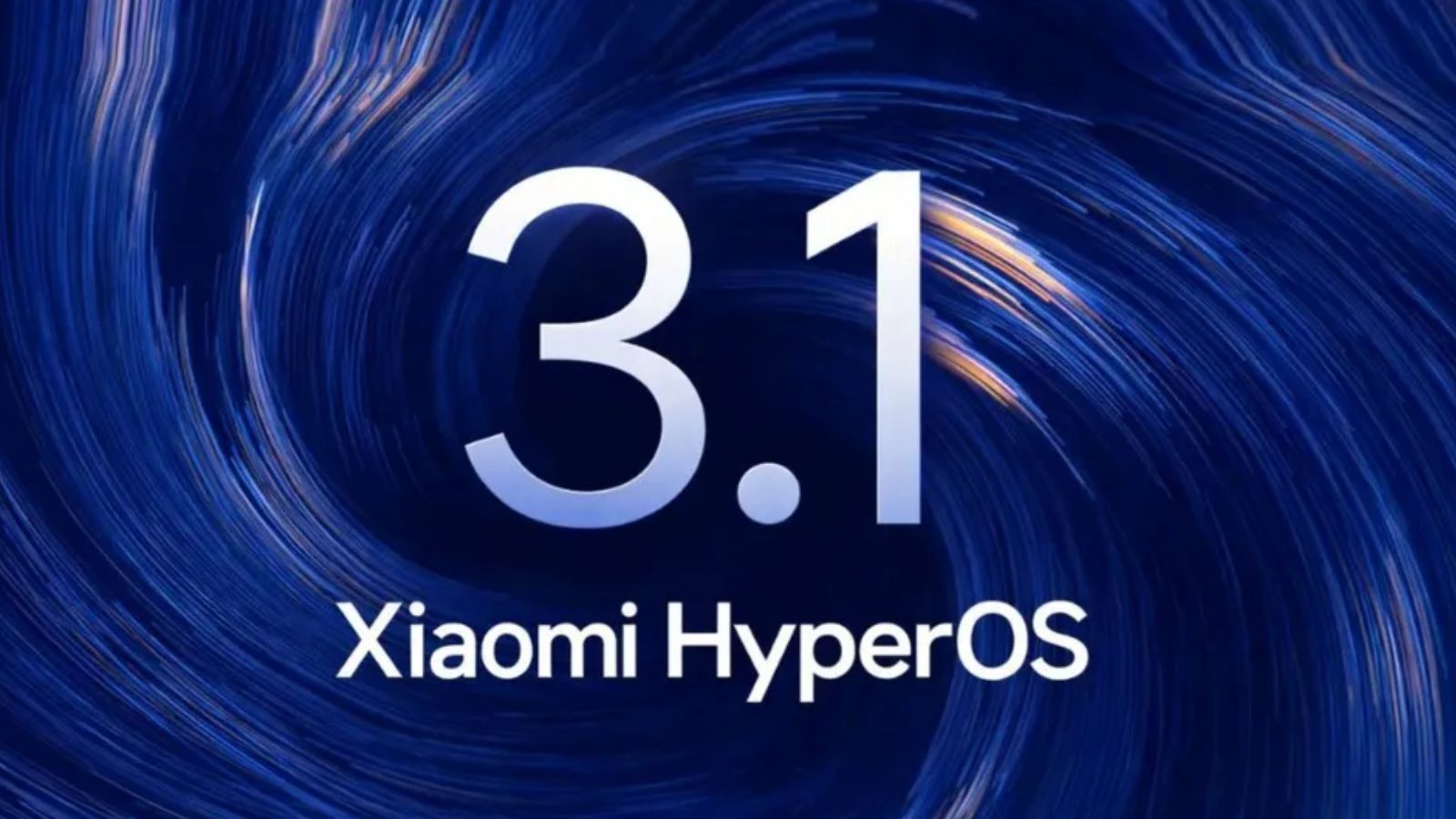At WWDC 2025, Apple announced a bunch of improvements to Apple Intelligence across its ecosystem, with one notable absence – Siri. We now know why. It appears the Cupertino company wasn't ready to launch the upgraded AI-powered Siri this year after all, as a report now hints at a release some time in 2026.
According to Bloomberg's Mark Gurman, Apple's Siri upgrade will come to iPhones as part of the iOS 26.4 update, which is slated to arrive in March 2026. The updated timeline falls in line with Apple SVP of Software Engineering, Craig Federighi's statement at WWDC 2025, where he mentioned that the company will share more details about the AI-powered Siri "in the coming year".
iOS' ".4" updates (internally termed "E") usually arrive in the month of March. This means, if the Siri upgrade will be part of iOS 26.4, users would get it sometime in March 2026. The update is already running behind schedule, since Apple first previewed the new Siri experience with iOS 18 at WWDC 2024. So, it'll be nearly two years of delay by the time it makes it to iOS 26.4 next year.

Gurman notes that the reason for the delay could be because Apple continued with two versions of Siri. The older Siri for basic tasks and the newer, more personalized Siri with Apple Intelligence features. This hybrid architecture caused bugs, prompting Apple's engineering team to rebuild the core structure.
This has led to internal disagreements between the company's marketing and AI teams over the promotion of Apple Intelligence. The report notes that Apple's internally questioning its reliance on OpenAI's ChatGPT, and it's looking into acquiring AI startups that could aid in the development of future AI features.
Siri's delays have also prompted Apple to restructure its AI team. John Giannandrea, Apple's SVP of AI, has been sidelined from the project and has been replaced by software engineering head Craig Federighi and Vision Pro chief Mike Rockwell. The new project is internally called "Siri LLM", the new system that will rebuild Siri from the group up and roll out the previously promised features.


